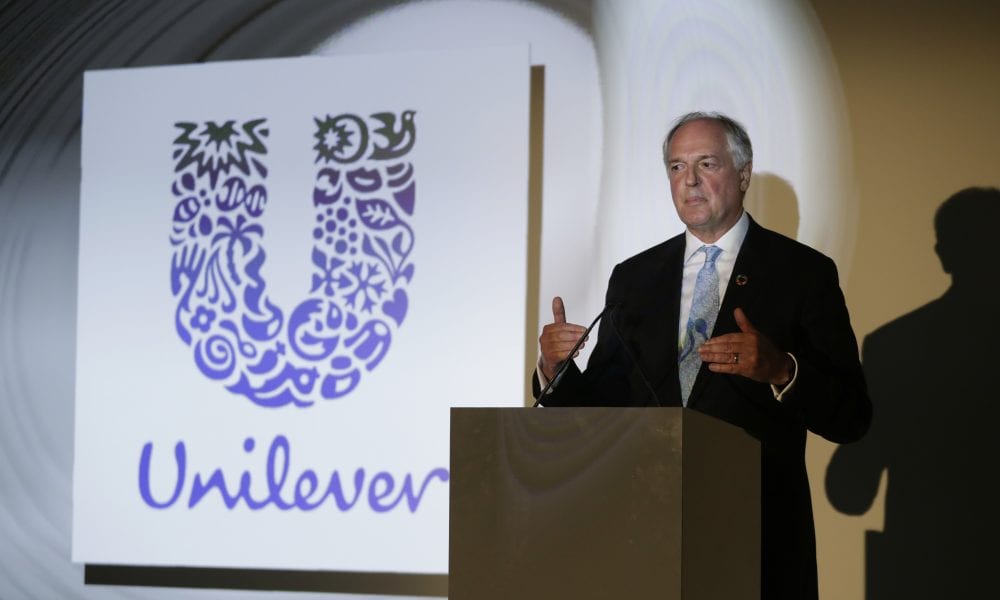Did you ever wish that every weekend was a long weekend? Well, employees at Unilever in New Zealand are about to have that dream come true — at least temporarily.
Workers will now work four days a week instead of five, but they will still be paid for a five-day workweek. The company plans to test the strategy for a year.
“We hope that the trial will result in Unilever being the first global company to embrace ways of working that provide tangible benefits for staff and for business,” Nick Bangs, managing director of Unilever New Zealand, said in a statement. “This is an exciting moment for our team and a validation of the catalytic role COVID-19 has played in shaking up standard working practices.”
The company, which distributes ubiquitous brands like Lipton’s tea, Dove soap and Ben & Jerry’s ice cream, has 81 employees in New Zealand. Employees will be able to choose which four days they would like to work each week.
The results of the experiment will be analyzed by the University of Technology Sydney in Australia to help the company determine if the policy will be rolled out to its 155,000 employees worldwide.
In May 2020, New Zealand Prime Minister Jacinda Ardern suggested that a four-day workweek could be an important part of a strategy to rebuild the economy in the wake of the pandemic as well as improve work-life balance and productivity of workers.
“I’d really encourage people to think about that if you’re an employer and in a position to do so,” she said in a Facebook live video. “To think about if that’s something that would work for your workplace because it certainly would help tourism all around the country.”
Other companies to experiment with a shortened workweek include Microsoft and Shake Shack.
Perhaps unsurprisingly, a recent survey of more than 2,000 office workers worldwide by commercial real estate firm JLL found that 74% of workers support a four-day workweek.
Meanwhile, a 2016 study of more than 2,000 office workers in the United Kingdom found that the average employee was productive for just under three hours per day, despite an eight-hour workday, prompting some to question whether a shortened workday would be more practical.










